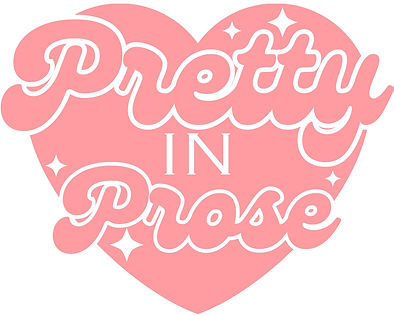the comfort book by matt haig | book review
- Gracyn Lian
- May 2
- 3 min read
Updated: May 3
The Comfort Book by Matt Haig
Published on July 6, 2021 by Penguin Life
Genres: Self Help
Pages: 272
Format: Audiobook
Add to Goodreads
Buy on Amazon
★★★★★
The new uplifting book from Matt Haig, the New York Times bestselling author of The Midnight Library, for anyone in search of hope, looking for a path to a more meaningful life, or in need of a little encouragement.
“It is a strange paradox, that many of the clearest, most comforting life lessons are learnt while we are at our lowest. But then we never think about food more than when we are hungry and we never think about life rafts more than when we are thrown overboard.”
The Comfort Book is Haig’s life raft: it’s a collection of notes, lists, and stories written over a span of several years that originally served as gentle reminders to Haig’s future self that things are not always as dark as they may seem. Incorporating a diverse array of sources from across the world, history, science, and his own experiences, Haig offers warmth and reassurance, reminding us to slow down and appreciate the beauty and unpredictability of existence.
The best way I can describe this book is like a warm hug. Haig brilliantly combines poetic prose, charming anecdotes from his own life, interesting historical facts, and inspirational preaching into this delightful and easy-to-read book designed for all types of people with all different types of backstories.
Haig details his own struggles with severe anxiety and depression, and although I do not share those same struggles, I think that his words are very helpful and meaningful to anyone. I am only human and have bad mental health days, or days where I struggle with body image, or days where I feel hopeless.
Haig reminds us that those feelings are normal and make us human but that they don't define us and they don't mean that we will always feel those things.
“You have survived everything you have been through, and you will survive this too. Stay for the person you will become. You are more than a bad day, or week, or month, or year, or even a decade. You are a future of multifarious possibility. You are another self at a point in future time looking back in gratitude that this lost and former you held on. Stay.”
He tells us to be curious--about life, about ourselves. Sometimes fearing our anxiety and depression is what makes it feel bigger and harder to defeat, and that fear and attempt at ignoring it are what makes it harder to overcome.
He tells us things that we might have already felt deep down but have yet to verbalize into words, such as the quote below:
“Don’t envy things you wouldn’t actually want. Don’t absorb criticism from people you wouldn’t go to for advice. Don’t fear missing parties you would probably want to leave. Don’t worry about fitting in. Be your own tribe. Don’t argue with people who will never understand you. Don’t believe anyone has it all figured out. Don’t imagine there is an amount of money or success or fame that could insulate you from pain. Don’t think there is a type of face or job or relationship that safeguards happiness. Don’t say yes to things you wish you had the confidence to say no to. Don’t worry if you do.”
Listening to this book, I thought about my relationships. I thought about the two year romantic relationship that ended last summer; I thought about the constantly evolving nature of friendships and those that have slipped through my fingers. I thought about conflicts with friends and family members; I thought about my relationship with my body and society.
Haig offered me new perspectives, and while none of what he said was completely new to me, he worded my feelings in such an eloquent way that I could fully understand what my thoughts were. He offered opportunities for me to self reflect and to ask myself, Why?
Why do I care what people think of me? Why do I let my life revolve around my fear of food that could make me gain weight? Why would I rather ignore my anxiety in hopes that it'll go away?
True to the title of this book, Haig's words provide a sense of comfort and warmth that will penetrate even the coldest and most stubborn of hearts, encasing its readers like a hug.
“Silence is pain. But it is a pain with an exit route. When we can’t speak, we can write. When we can’t write, we can read. When we can’t read, we can listen. Words are seeds. Language is a way back to life. And it is sometimes the most vital comfort we have.”








Comments